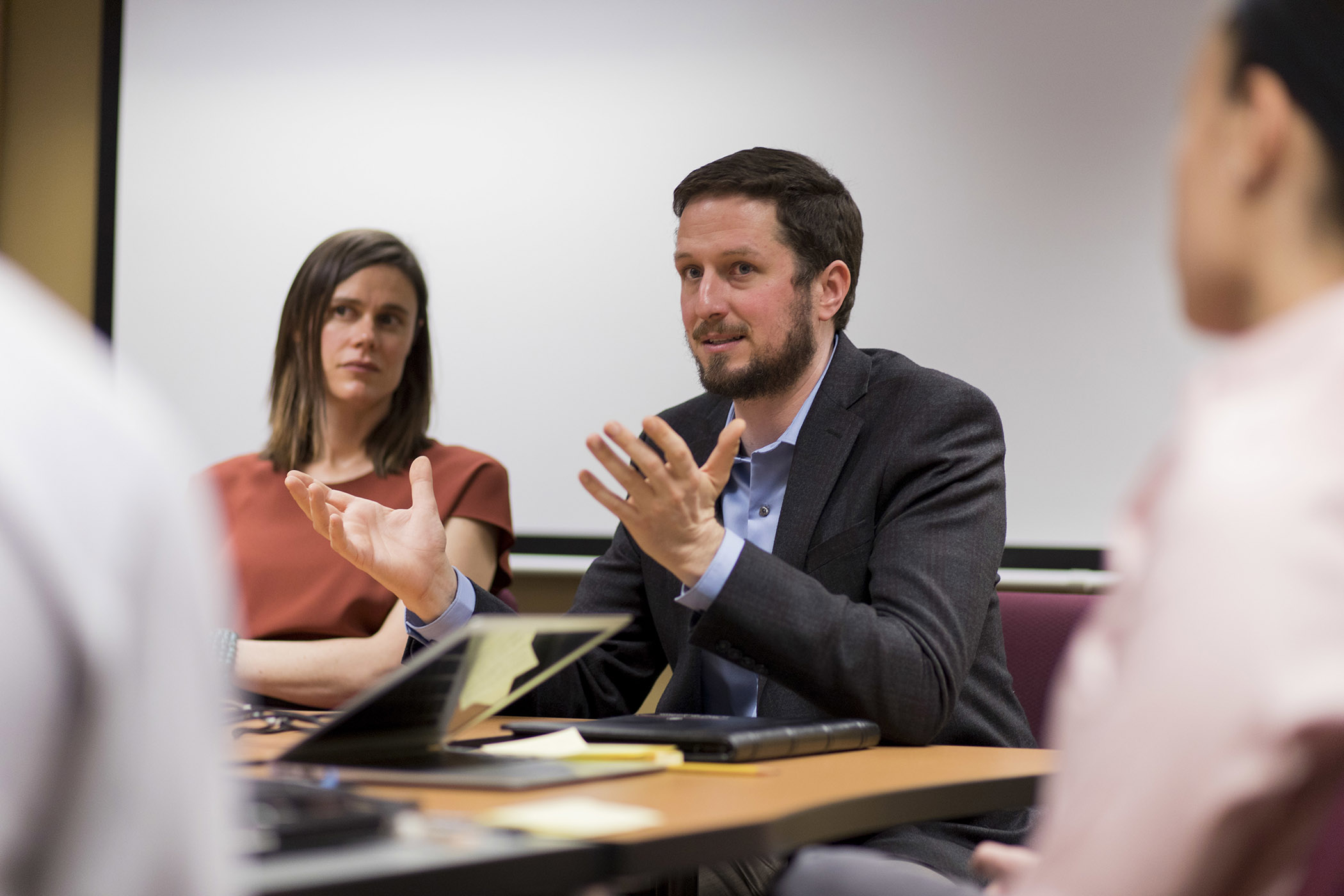The COVID-19 pandemic has created profound challenges for higher education – disrupting traditional instructional models and the support networks typically enjoyed by students, faculty and staff.
Researchers in the University of Georgia College of Engineering have been awarded a National Science Foundation Rapid Response Research grant to study how STEM programs and the social structures around them adapt in times of crisis. The NSF’s RAPID program funds proposals that require quick-response research on disasters and unanticipated events.
What the UGA researchers find could help UGA and other universities respond in real time to improve teaching and learning as well as support the general well-being of students, faculty and staff during a crisis.
Nicola Sochacka, a research scientist in the College of Engineering and an associate director of UGA’s Engineering Education Transformations Institute, will lead the team.
“This project will use an exciting new research tool to investigate the impact of the COVID-19 crisis, as it unfolds, on our college and open up a rich dialogue between students, faculty and staff,” said Sochacka. “This effort will help our college better respond to the diverse challenges and opportunities that are emerging in the day-to-day experiences of our community.”
Some of the questions the study will address include: How are students, faculty and staff in a college of engineering experiencing the COVID-19 crisis and associated transition to online learning? What aspects of thriving (such as autonomy, flexibility and accountability) are particularly important to engineering faculty, staff and student experiences? What actions can be taken to respond, in real time, to improve the teaching and learning experiences, and general well-being, of students, faculty and staff in a college of engineering?
To address these questions, the researchers will collect short narratives to assemble a snapshot of the student, faculty and staff experience during the COVID-19 pandemic. Using a novel, mixed methods and participatory research approach, the team expects to learn about the organizational structures and cultural features that promote resilient, agile and responsive educational programs.
In addition to Sochacka, the research team includes John Morelock, an EETI associate director; Racheida Lewis, an assistant professor in the College of Engineering; and Joachim Walther, an associate professor of engineering and director of EETI. Four undergraduate engineering students will also participate on the research team: Christian Culloty, Jacob Hopkins, Shweta Veda and Kaosi Ofunne.
“The COVID-19 pandemic provides a rare opportunity to study how local academic communities and social networks can help faculty, staff and students cope with major disruptions,” said Morelock. “The findings from this research will be used to help STEM educators and university communities across the nation prepare for and thrive in times of crisis.”
This research is funded by the NSF under award No. 2028452.


